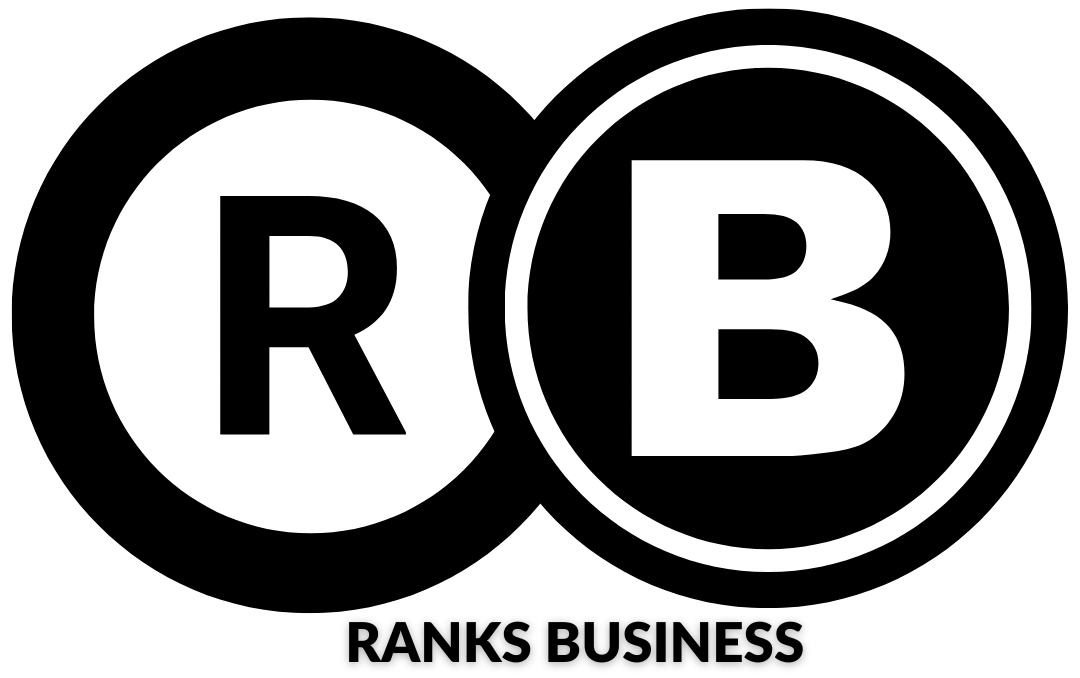The Major Oil Marketers Association of Nigeria has urged the government to automate data in the downstream segment of the country’s oil sector.
Speaking last weekend during a virtual event organised by MOMAN to commemorate World International Data Day with the theme “The Importance of Data and Automation in the Downstream Business”, the head of Political Consulting, VIISAUS, Ikponmwosa Aikhionbare, noted that data can be used for demand forecast.
The demand forecasting process, according to him, involves collecting data from a variety of sources such as historical sales data, fuel consumption patterns, weather forecasts, and economic indicators.
This data is then analysed using statistical models and machine learning algorithms to identify patterns and trends and to make inferences or predictions about future demand,” he said.
Also speaking on data analytics for downstream business optimisation, he revealed that to improve supply chain and route optimisation, Ghana launched the Bulk Road Vehicle Tracking System to track the movement of petroleum products from depots to retail outlets in Ghana.
“The system uses GPS technology to monitor the location, speed and fuel consumption of trucks transporting petroleum products.
In India, the government has implemented a system called the Automated System for Oil Movement and Storage, which tracks the movement of petroleum products through the supply chain. The system uses data analysis to monitor product quality and identify potential issues before they cause defects or safety hazards,” he added.
Also speaking at the event, the Vice President of Crude, Argus Media, James Gooder, stated that price reporting was at the heart of the company’s business.
Speaking on the topic “The importance of fundamentals and price data in downstream markets”, he said, price is the mechanism by which marginal supply meets demand in a free market, adding that transparent fundamentals data are key to this process.
According to him, the most liquid markets in the US, Europe and Singapore have these characteristics.
“Elsewhere in the world, import/export parity is needed. Nigeria has the potential to become a regional trading and pricing hub but greater transparency is essential,” he noted.
He further stated that petrol exports out of Europe had started strong in the year.
“Around 400,000 b/d of European gasoline has been shipped to WAF in 2023 so far, down slightly from 419,000 b/d on average in 2022. Exports to North America have averaged 313,000 b/d, up from 298,000 b/d in 2022. But a major determining factor for the workability of arbitrages out of Europe will be clean freight rates,” he further stated.
Speaking on Argus Open Markets for Eurobob gasoline, he said, “Argus launched its flagship Argus Open Markets price discovery platform for Eurobob gasoline barges in December 2022, joining a host of other commodities including Argus’ benchmarks in European LPG and biofuels.”
According to Gooder, AOM increases market transparency, and watches the market move in real-time, all in one place, without gaps.

